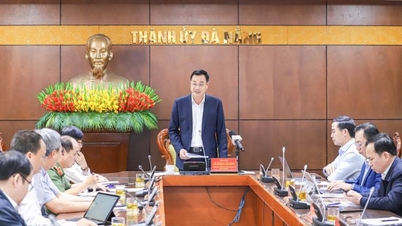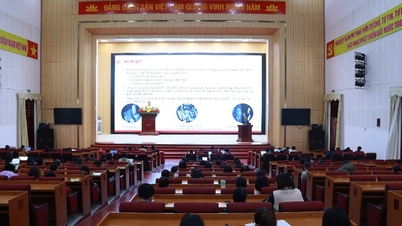On October 2, the non-profit organization called Tech Transparency Project (TTP) said that up to 63 accounts spent a total of $49 million on fraudulent political ads on Meta platforms, including Facebook and Instagram.
Fraudulent advertising campaigns often focus on promoting fake “stimulus payments,” “government spending cards,” and “ health insurance payments,” targeting older consumers.
According to TTP's report, to reach victims, scammers have taken full advantage of advances in artificial intelligence (AI) technology, users' vague awareness of social security programs, and Meta's lax content moderation process.
TTP said all 63 advertising accounts mentioned above - which posted more than 150,600 fraudulent political ads - had their ads removed by Meta in the past 12 months for violating the group's policies. However, as of September 30, nearly 50% of these accounts continued to operate.
In addition, Meta is said to have disabled 35 advertising accounts. However, this move has been criticized as being too late because it was only carried out after the scam accounts had posted dozens, even hundreds of scam content. In particular, TPP emphasized that 6 accounts had spent more than 1 million USD before being locked or deleted.
Specifically, a fraudulent account identified by TTP as “Relief Eligibility Center” posted a video using deepfake technology, impersonating President Donald Trump, promising to distribute “stimulus payments” to Americans from April to May 2025.
The video simulates a speech Mr. Trump gave in the White House Rose Garden in early April. However, TTP found that the ad's lyrics did not match the official transcript from the event.
The ad directs viewers to a website titled “Get a free $5,000 check from President Trump.” The scam is said to be targeting people over 65 in more than 20 US states.
For years, professional fact-checking organizations in the US have repeatedly warned about fake “stimulus subsidy” scams spreading on social media platforms.
Specifically, in August, the US Federal Trade Commission (FTC) reported that the number of complaints from elderly users about being robbed of amounts worth $10,000 or more, even their entire life savings, had increased more than four times compared to 2020.
Meta is now facing accusations of being irresponsible in the face of the increasingly serious situation of fraudulent activities, although the platform previously announced that it would "invest in building new technical defenses" in the context of "fraudulent accounts constantly changing tactics to avoid censorship systems and detect fraudulent content"./.
Source: https://www.vietnamplus.vn/bao-dong-thuc-trang-nguoi-dung-cao-tuoi-tai-my-bi-lua-dao-tren-mang-xa-hoi-post1067657.vnp











































































































Comment (0)